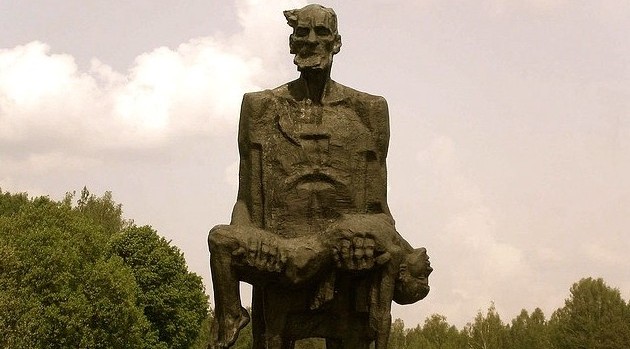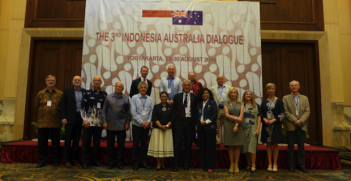The Impact of Casualties on Public Opinion: Lessons from Recent Surveys

The perception that the Australian public will not tolerate casualties in foreign conflicts has shaped the decisions of both civilian and military policymakers. However studies have shown that the public are not as reflexively casualty phobic as assumed. As Australia debates whether to deploy military forces to Iraq, Charles Miller finds that the impact of casualties on public opinion can be outweighed by public confidence in the mission’s overall success.
Australia, like most other developed democracies, is often alleged to suffer from ‘casualty phobia’. The perception that the Australian public will not tolerate casualties in foreign conflicts has shaped the decisions of both civilian and military policymakers. As a consequence, measures taken to protect Australian forces from casualties may for instance serve to increase the risk to civilians in the country to which they are deployed. They may also make it harder for Australian policymakers to achieve their stated goals, both because casualty averse tactics may not be appropriate to the task at hand and because foreign adversaries may perceive Australian deterrent threats to be less credible.
Studying the Impact of Casualties on Public Opinion
The United States underwent a similar debate some years ago. On the one hand, many researchers believed that casualties alone explained the trajectory of support for US forces in conflict. On the other, analysts posited that a number of other factors can cushion the impact of casualties on public opinion – cross-party consensus, international support, the type of mission involved and most of all the prospects for success. The problem is that in an observational context all of these variables may be trending in the same direction at the same time – casualties mount at the same time as cross-party and international support fall and success appears ever more elusive. Consequently it can be difficult to disentangle the competing effects of these different factors on public opinion. Innovative public opinion research techniques – especially ‘survey experiments’ which allow researchers to establish causal relationships by consciously manipulating one variable while holding others constant – have been employed to solve this problem. These have established that the American public are not reflexively casualty phobic, but rather that the impact of casualties on public opinion can be outweighed by public confidence in the mission’s overall success.
For this article, I replicated one of the key survey experiments from the US debate and adapted it to Australian conditions, with a nationally representative sample of Australian voters drawn from Research Now’s online panel. They were presented with a hypothetical mission in Australia’s region in which the Australian Defence Force (ADF) was to take the lead role and would suffer casualties proportional to those incurred in the American experiments. From the results, I found that the same pattern holds in Australia as in the United States – casualties do lower public support for a given mission, but the mission’s chances of success matter more. In fact, Australians care about success even more than Americans do, in the sense that prospects for success, high or low, are always more important to Australian respondents than American ones.
The Implications
The implications of this are not that Australian leaders have carte blanche to deploy the ADF anywhere they like and hoodwink the people into supporting it by inflating the chances of success. Nor is it to suggest that sensitivity to casualties is per se a bad thing. Rather, it is that where the Australian national interest requires it, Australian leaders do not need to be constrained by excessive fear of casualties from employing the strategy and tactics most likely to achieve national goals. If this can be credibly communicated to the Australian public, they will remain firm even in the face of losses.
Charles Miller is a lecturer at the Australian National University.





